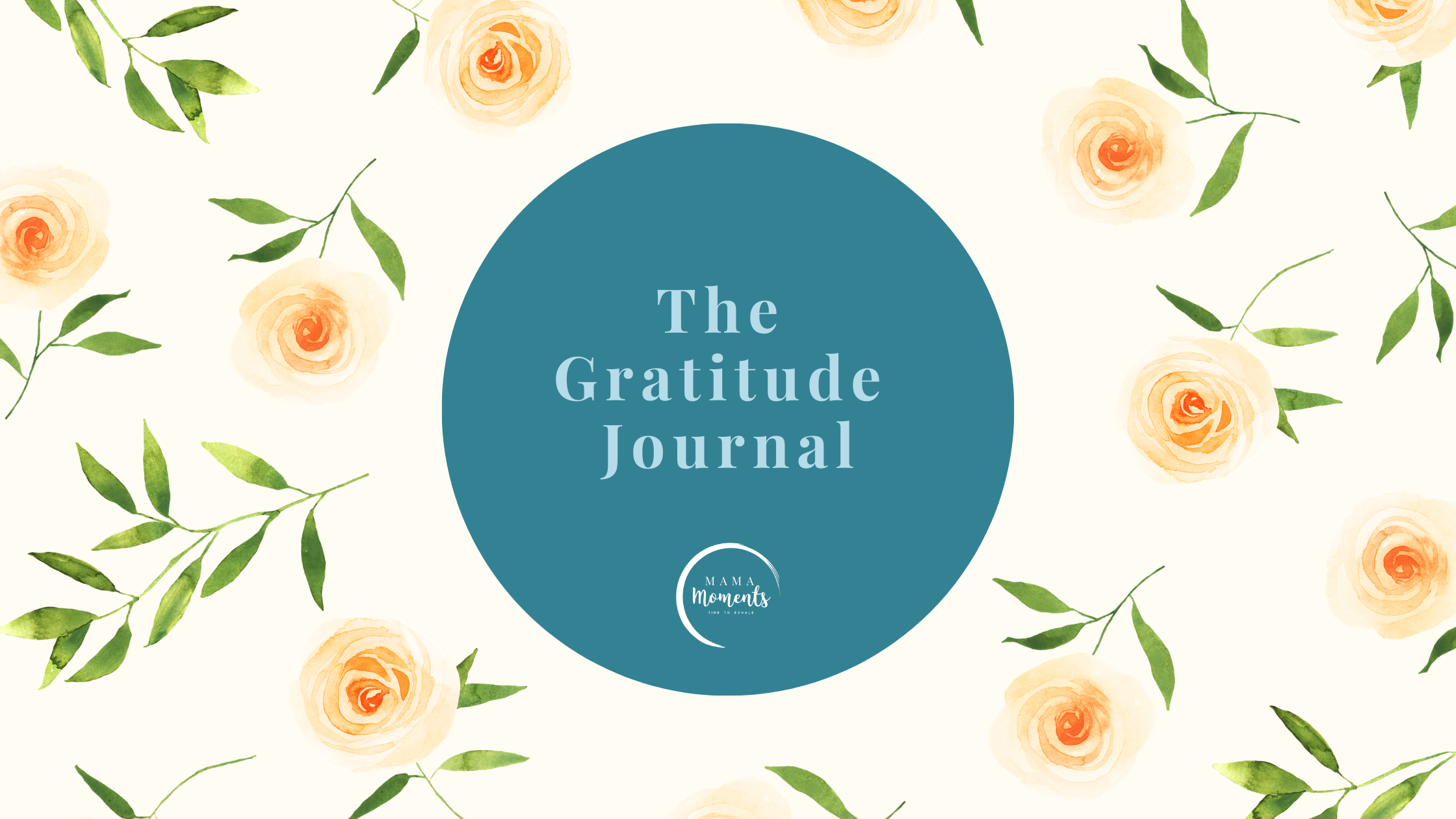
Clocking up the little moments which bring even the smallest bit of happiness has a surprisingly big affect on our overall stress levels. Recognising and being thankful for that perfect punnet of fresh strawberries, the silence that comes with kids knee deep in playdoh or climbing into crisp clean bedsheets at the end of a long day, makes us emotionally stronger. But why and how?
How Can Gratitude Make a Difference to Our Stress Levels?
We’ve talked about gratitude before on the blog when we chatted about how it is a great time to start a gratitude journal. If you’ve been mulling this idea over in your head but haven’t started yet, let’s take a step back and have a look at why gratitude makes a big impact on our minds.
Gratitude is essentially a state of mind. A moment when we are truly thankful for what we have, whether that is our possessions, our friends, family, extra time, more energy, places, ideas, absolutely anything. It is a powerful emotion which draws significant happiness and pleasure when we acknowledge, recognise and are genuinely grateful. Rooted in the brain, it releases the feel-good hormones dopamine and serotonin. Studies have shown that the two main parts of our brain, the amygdala and hippocampus, which regulate our moods, are wildly activated by feelings of gratitude. This in turn also reduces our stress hormones which are a trigger for anxiety and depression.
When we say thank you or receive thanks from someone, we are developing strong and long-term relationships. We are building on our resilience and lowering our stress. Keeping a gratitude journal, routinely praising, and loving ourselves, and having positive healthy relationships with others, has an overall effect on our happiness which in turn has a positive influence on how we navigate through our lives. All of this builds on our optimism, our image of ourselves, of others, our empathy, spirituality, and selflessness.
While gratitude has a distinct affect on our heads, it also positively affects our bodies too. Studies have shown, it improves our sleep, our eating habits, and increases our energy. It is also said to reduce inflammation and cardiac diseases. The lower our stress levels, the healthier our bodies. It’s all pretty good!
How to Practice Gratitude Every Day
1. A Gratitude Journal is of course one of the first things many of us think of when practicing gratitude. Maintaining a journal is a beneficial habit. Many people who routinely take the time to keep a gratitude journal by writing down the things they are thankful for, have spoken about increased happiness. We will be talking more in depth about how to keep a gratitude journal in the future, so be sure to keep an eye out on the blog for that!
2. Write Thank You notes. When we say thank you for something, we feel good. Showing our appreciation has an incredible affect on our minds and stress levels and writing thank you notes allows us to go deep into why we are grateful. Letter writing is a dying art, but studies have shown that taking pen to paper, or even sending an email, creates a feel-good reaction. Routinely writing thank you notes plays a bit part in finding our purpose in life and being happy. Receiving a note also creates the same feeling!
3. Spread the happiness by doing something nice for someone. We all love to be seen, wanted, needed, and appreciated and this can raise our happiness level when we are grateful for when someone does something nice for us. Equally, when we do something nice for someone else, we share the happiness. By engaging in altruistic acts, we are finding our purpose and leading our way to pleasure. Whether it’s bringing a friend with a new baby some treats, fresh fruit and a cooked dinner, or volunteering at the senior citizens centre, offering your time and energy to others shows you care.
4. And while we’re talking about recognising others, why not pay someone a compliment. Believe it or not, paying a compliment is a great way of showing gratitude. We all love to be complimented so we know how good it feels. Again, sharing the happiness, means we too feel that happy lurch in our minds and brains. And I’m not just talking about telling someone they have a lovely jumper (“Oh this? it’s Pennys!) but rather complimenting someone’s traits, whether it’s after they’ve made a positive gesture to spend time with you, or how beautiful they sing or paint.
5. Be in the moment. Our lives are so incredibly fast paced. It’s quite easy for us to miss out on so much. Slowing down and being in the moment has a huge impact on our happiness levels when we take stock of what we have. Life is not always perfect but pausing to recognise those happy and thankful moments, builds on our resilience, understanding and gratitude. Practicing mindfulness is a great way to ensure we soak up our lives and appreciate what we have, and it doesn’t have to be a painstaking task of taking out the yoga mat and meditating. Mindfulness is about being in the moment, watching, listening, and valuing everything around you.
6. Finally, when we are on a gratitude journal, its vital we stop comparing. Gratitude is about placing value on what we have not what we want or covet. Yes, our neighbour may have rolled in on a brand-new car but hasn’t our 12D Corsa seen us through some amazing countryside with the best boot picnics. Comparison is truly the thief of joy and unless we stop comparing ourselves to our friends, neighbours, or those we follow online, we will negatively impact our ability to show gratitude. To keep yourself on track when we start to think differently, try to remember to ask yourself “Am I comparing?” and if you are, pull yourself back into the moment and focus on what you are thankful for.
By practising gratitude we have the ability to recognise the good and positive around us, mentally building our appreciation for the moment and lowering our stress. Gratitude gives us the opportunity to grow and be motivated. We have the ability, by saying thank you, showing love, generosity, and admiration for those around us and for ourselves, to change our lives.

